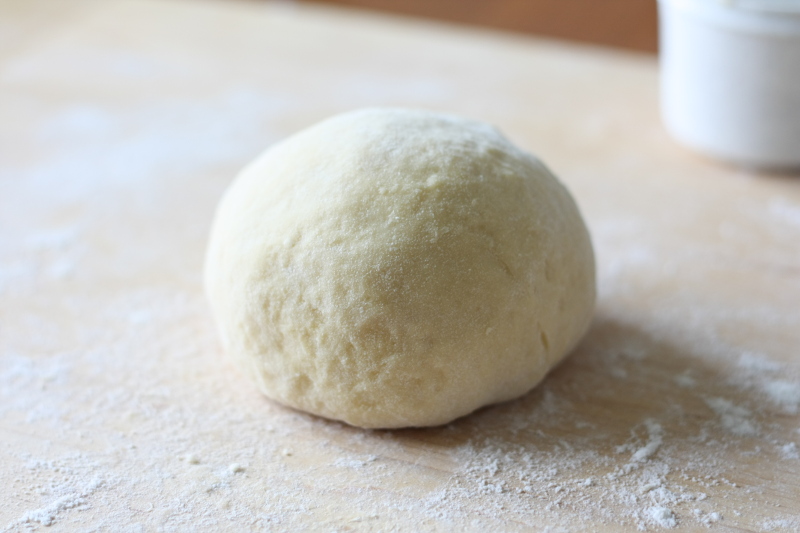Properly Cooking Pasta
Posted on 26 May 2014Pasta is a wonderful thing. However many unwonderful things are done to pasta when it’s being cooked and a sub-par pasta experience is one that involves overcooked & bland pasta, with the sauce slopped on top. But all that is very easy to avoid.

Improve Your Pasta Experience
Whether boxed or fresh pasta, avoiding the following common mistakes will improve your pasta cooking abilities and your life as well as mildy impress your friends & lover(s).*
these claims may be exaggerated.
Not using enough salt
Something I see frequently done by people is they’ll boil unsalted water for their pasta or put only a pinch in. Salt is crucial to giving your pasta flavour & lowering the overall amount of salt needed for your dish, so proper seasoning of the water is very important
Also, if you’ve heard that salted water cooks food faster (because of its higher boiling temperature), those claims are a bit exaggerated; the amount of salt you’re adding is only enough to raise the temperature about 1 degree.
Adding oil to the water
There’s a bad practice of adding oil to the pasta cooking liquid to keep it from sticking. This only achieves one thing: oily pasta. When the pasta is coated with oil any sauce won’t cling to it or be absorbed, which results in flavourless pasta.
Adding oil may also keep the pasta water from bubbling up and boiling over the rim, but this can also be achieved by using a large enough pot and also by reducing the heat a little when the water comes to a boil.
Not stirring
During the first minute or two of cooking, give the pasta a good stir to keep it from sticking together, as this is when the pasta is coated with sticky starch. If you don’t stir, pieces of pasta that are touching one another literally cook onto one another.
Overcooking
The term al dente is simply culinary-speak for pasta that is just slightly undercooked, which is considered by many to be the optimal mouthfeel for pasta.
As cooking times vary for various pasta shapes, the only way to truly know is to sample one of the cooking pasta and see if it has just a little bite to it when you chew it. Though, a good shorthand is to go a minute or two less than what it says on the box.
Rinsing the cooked pasta
Rinsing the pasta after cooking, will cool the pasta and prevent the absorption of a sauce. Not to mention it can wash away any remaining surface starch, which is advantageous to your cooking of the pasta. This small amount of starch left on the pasta by the cooking water can thicken your sauce slightly when you do encorporate the pasta, so don’t rinse it.
Putting the sauce on plain pasta
As it cools, the starch in the pasta crystallizes and becomes insoluble, therefore the pasta won’t absorb as much sauce, as such, I always prepare the sauce first in a large skillet before cooking the pasta. So, when cooking, the moment the pasta is done, I scoop it out of the cooking water with a spider draining it for a moment, and then I dump it right into the hot sauce. Then I stir it all together, finish cooking in the sauce, so the pasta will absorb it, before serving.